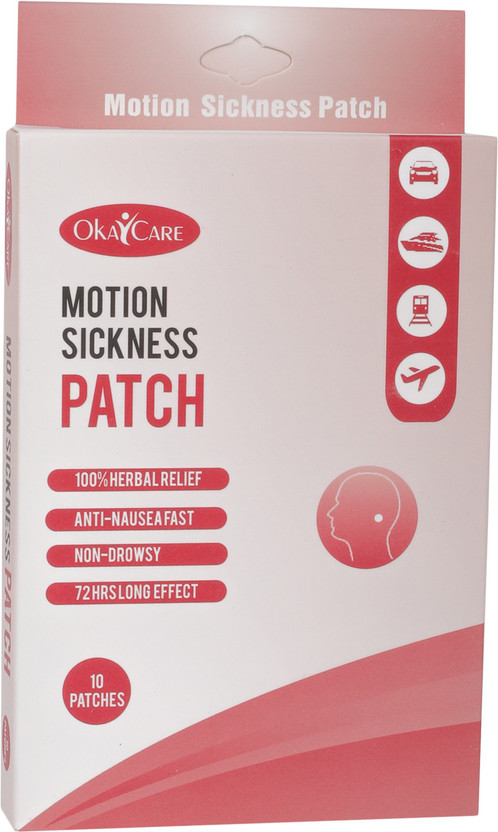

Early labor pains often feel like back pain as the uterus begins to tighten, irregularly at first. This is when the baby settles in the birth canal, relieving some of the pressure from the uterus sitting up under the diaphragm.

More reliable signs that you may be in labor, include the following: If you recently had a large meal and then went into labor, nausea might ensue as one of the first signs that labor has begun.įortunately, nausea isn’t often an early sign of labor, nor is it the only one. When you go into labor, your stomach tends to shut down in preparation for the process.

> Read more: Lack of appetite during pregnancy-causes & solutions When nausea in the third trimester may be a sign of labor You may have this bacterium in your GI tract and have no symptoms, but it can contribute to stomach upset. Helicobacter pylori is a type of bacterial infection. If you have underlying health problems, including Crohn’s disease, gastroparesis, or inflammatory bowel disease, you can have excessive nausea, vomiting, and bloating while pregnant, even if you didn’t have issues prior to becoming pregnant. Greasy foods, spices, and large meals can contribute to feeling nauseous at any point during your pregnancy. Your diet may matter in developing nausea and vomiting during the third trimester.

Symptoms of anorexia, nausea, and vomiting are common. This disorder, acute fatty liver of pregnancy, involves a buildup of fat in the liver brought on by pregnancy in those who have a genetic tendency for fatty liver disease and other risk factors. A few cases of HELLP syndrome arise without having preeclampsia. You are likely to have nausea and vomiting with this disorder. The most advanced cases of preeclampsia can lead to HELLP syndrome, which involves preeclampsia and severe liver inflammation, low platelets, and blood cell breakdown. Nausea and vomiting, along with upper abdominal pain, can occur as part of this syndrome. Preeclampsia is a condition of high blood pressure, swelling, and protein loss through the kidneys. If the uterus is pressed up against the stomach or diaphragm, you can have excess nausea you wouldn’t have earlier in your pregnancy. Nausea and vomiting can happen simply by the added pressure of the growing baby on your internal organs. Hyperemesis can persist into the third trimester. In cases of a disorder called hyperemesis gravidarum, you have excessive nausea and often higher than normal hormone levels. Pregnancy hormones, particularly human chorionic gonadotropin, estrogen, and progesterone, tend to cause nausea in some women. Let’s go over the various causes of nausea or vomiting in the third trimester: It may also be a new symptom you didn’t have before, even in the first trimester.įinally, you may have recovered from morning sickness but, after weeks of relief, your symptoms return. Like heartburn and acid reflux during pregnancy, nausea and vomiting in the third trimester can be the persistence of symptoms you’ve had throughout your pregnancy. What causes nausea in the third trimester of pregnancy? Finally, you’ll learn ways to soothe your nausea so you can better prepare for the new arrival to your family. You’ll learn that some explanations are completely harmless, while others mean you need to see your doctor. This guide covers the different reasons for persistent nausea and vomiting in the third trimester. If you’re still having nausea and vomiting in the third trimester, you might be worried about whether this is normal. In a few cases, however, morning sickness or “ nausea and vomiting of pregnancy” (NVP) persists into the third trimester. The good news is that these symptoms pass for most women around 14 to 20 weeks of gestation, giving them plenty of time to eat normally and feel well. It generally begins as soon as the pregnancy hormones surge and peaks at six to 10 weeks of gestation (about two to six weeks after you have a positive pregnancy test). Nausea after eating is common early in pregnancy. And while it’s called “morning sickness,” this symptom can occur at any time of the day. Few women go without it in the first few months of pregnancy. Morning sickness is a natural part of being pregnant.


 0 kommentar(er)
0 kommentar(er)
